It’s nearly summer! Traveling considerations as a medical provider
8 steps for taking time away from your practice
It’s that time of year. School’s out for kids and grandchildren, and you’re planning a family vacation…or perhaps just some time away alone or with a spouse or other companion. So how do you properly prepare for being away from the office?
intakeQ can help, through the customizable capabilities of practiceQ™ — plus, of course, some clear and timely communication and coordination with other members of your team.
Here are a few things we recommend should be on your checklist:
- What kind of vacation are you taking? Will you be doing a working vacation, taking some virtual appointments from abroad, for instance?) If so, ensure that your license covers you to do so. Though if you can, “check out” completely for the time you’re gone. The last couple of years of the COVID pandemic have increased levels of stress, anxiety and depression in so many people, healthcare providers and, by extension, their families certainly included. Schedules and bottom lines have been affected, all of which are stressful disruptions to comfortable routines. If you can, disconnect, relax and recharge. You’ve earned it!
- Got your little black bag packed? We’re mainly joking, but even though that’s a blast from the past from the days of house calls, many of you still have a number of items you carry around in case you encounter an emergency. Ensure it’s packed with whatever you typically carry while out of the office, and check to make sure those items are allowed in a carry-on bag if you’re flying or taking a cruise. Any medications — particularly any liquids — should be clearly marked, preferably 3.4 ounces or less apiece, and together be placed in one or more clear plastic bags. TSA says that is possible to pack unused syringes along with any injectable medications, but they’re among the things you should declare promptly to security officers at the checkpoint.
The “What Can I Bring?” pages on the Transportation Security Administration website provides a fairly comprehensive list of what can and cannot be packed in your carry-on or checked baggage. If you don’t see something you’re wondering about, the site says “For items not listed here, simply snap a picture or send a question to AskTSA on Facebook Messenger or Twitter.” CATSA, the Canadian Air Transport Security Authority, has a similar set of information on its site.
When in doubt, check with your airline or cruise ship company ahead of time for assistance. You’re dedicated to being helpful if an emergency ensues, but you certainly don’t want last-minute surprises at any security check-in point! - Block off your time away on the booking calendar. It seems a given, but when you’re planning time off sometimes many months ahead of time, it’s easy to miss this one.
- Access to your patients’ records — Presumably, other providers or team members will be covering for you to serve your patients while you’re away. If they don’t already have proper access to your patients’ records, have their access updated before you leave.
- Consider sending a message to your patients. It’s all part of being a proactive and customer-service-focused provider!
- Set an away message in your patient portal. Be sensitive to the fact that a number of people may see this message. So for the security of your home, don’t give specifics that make it clear that you’ll be out of town. To someone less than scrupulous, they may see that as a golden opportunity to target it while you’re away. The less said, the better.
- Speaking of security, notify your home-security provider of when you’ll be away, and check to ensure they have your latest emergency contact or backup information. Ideally, have certain downstairs and bedroom lights set on timers to make the home a less-desirable target…and have a person or persons lined up to stay in the home while you’re gone.
- Internet — Wherever you’re going, check to see if you’ll have ready (and adequate) access to a secure internet connection, and know how to log into your systems from a location with a different country code, if needed.
This checklist is surely not complete, but as a trusted partner in how you deliver healthcare, we want to get you thinking of these things if you haven’t dealt with out-of-country travel before, or any significant block of time away from the office for some time.
Of course, practiceQ is fully HIPAA- and PIPEDA-compliant for security and privacy, and you should be well-accustomed to accessing it remotely…though perhaps not from out of the country! Again, when in doubt check ahead of time about secure internet connectivity from wherever you will be staying, plus TSA, CATSA and/or your airline or cruise ship for what you may bring in case of emergencies. Then, knowing that you’ve well-prepared for covering your patients for your time away, enjoy!

